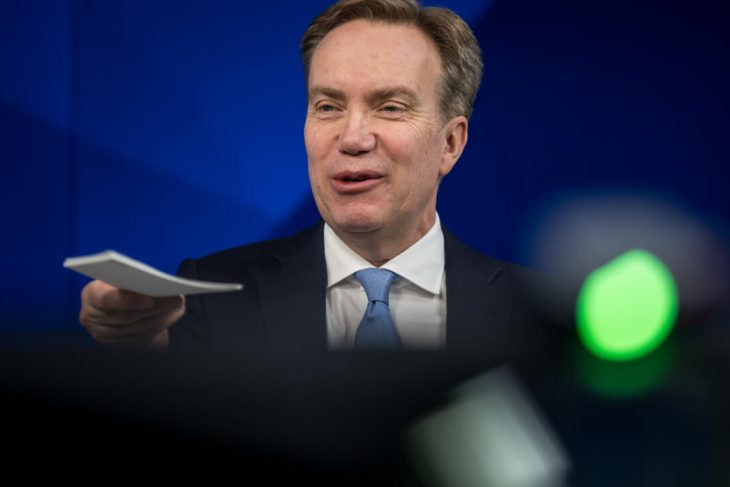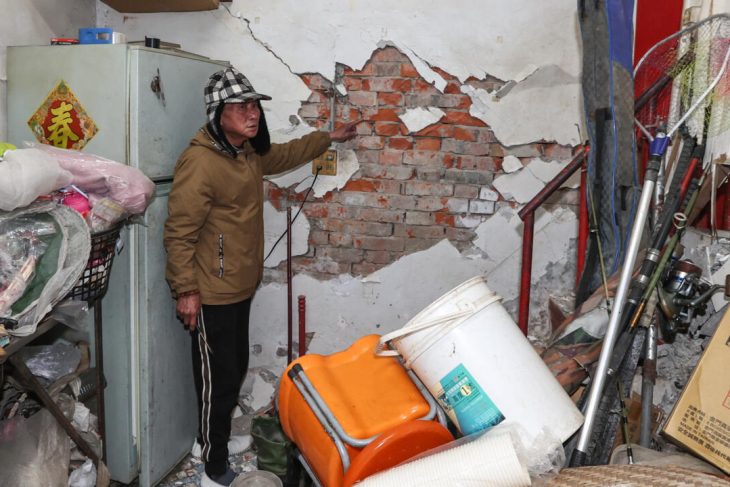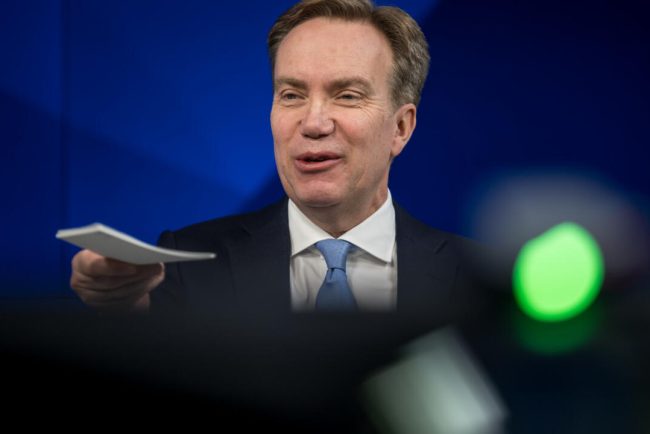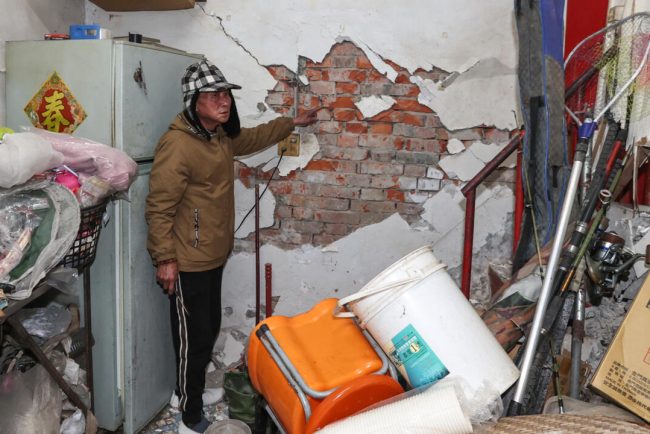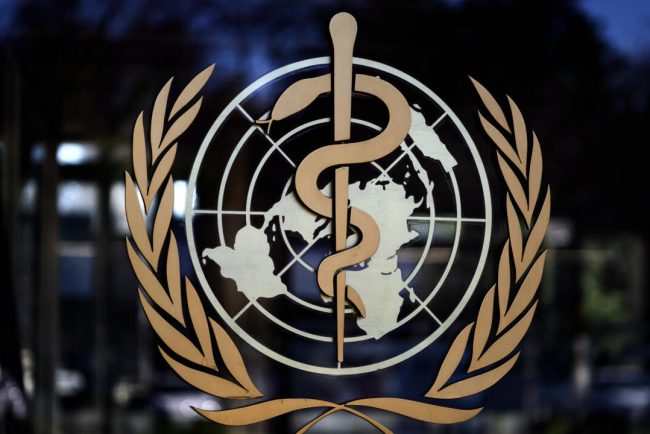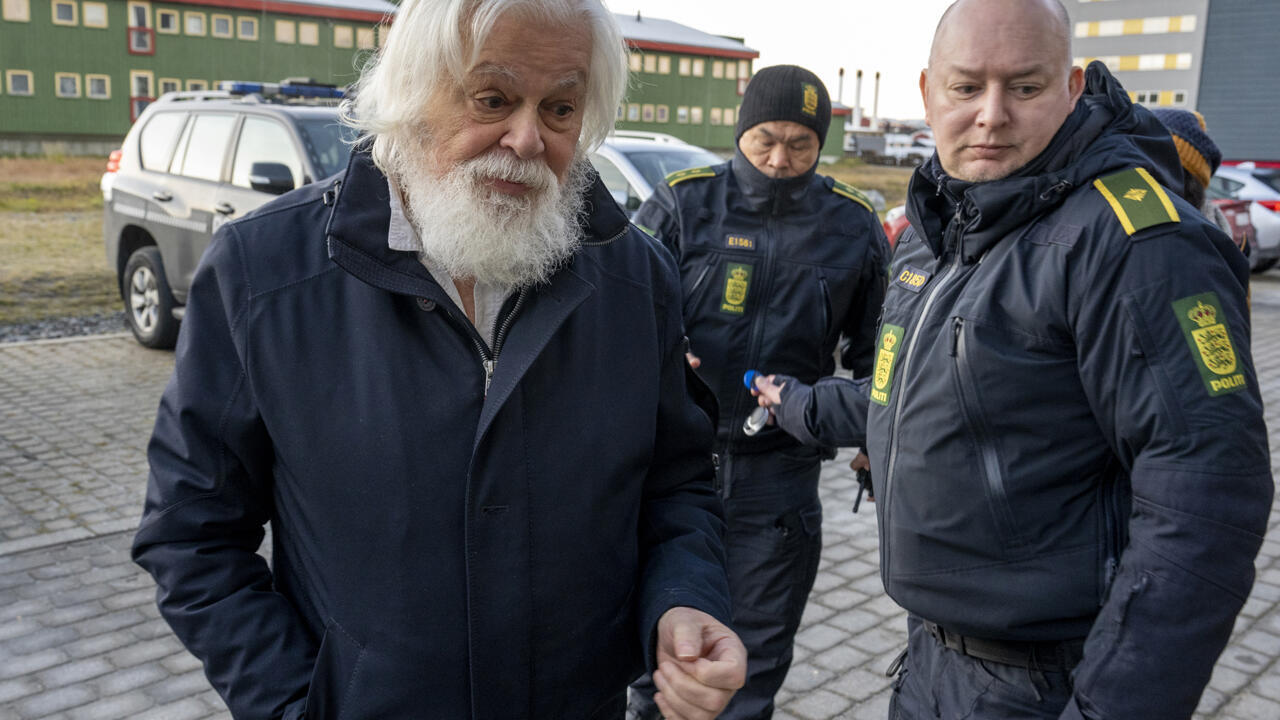
Watson’s arrest attracted major public support, with a petition attracting over 200,000 signatures.
Backers included actress-turned-activist Brigitte Bardot and prominent British conservationist Jane Goodall, who urged French President Emmanuel Macron to grant him political asylum.
Macron pressed Danish authorities not to extradite the campaigner, who applied for French nationality.
Supporters of whaling however accuse their critics of double standards given the methods used to produce much of the millions of tons of meat from other animals consumed every year.
In September, Watson’s lawyers contacted the UN special rapporteur on environmental defenders, claiming that he could be “subjected to inhumane treatment” in Japanese prisons.
“My arrest has focused international attention on Japan’s continuing illegal whaling operations and their intent to go back to the Southern Ocean… So, in fact, these five months have been an extension of the campaign,” Watson told AFP on Tuesday after his release.
Jean Tamalet, one of his lawyers, told AFP that “the fight is not over.”
“We will now have to challenge the red notice and the Japanese arrest warrant, to ensure that Captain Paul Watson can once again travel the world in complete peace of mind, and never experience a similar episode again,” Tamalet said.
Japanese government has been tight-lipped throughout Watson’s incarceration.
In a rare public comment on the case, Japan’s Foreign Minister Takeshi Iwaya said in October that the extradition request was “an issue of law enforcement at sea rather than a whaling issue”.
Hideki Tokoro, president of Japan’s main whaling operator Kyodo Senpaku, said Wednesday that the Japanese government should keep pressing to bring Watson to justice.
“They slammed into our ships… What they do is simply a business to collect donations,” Tokoro told AFP.
burs-stu/hmn
© 2024 AFP






